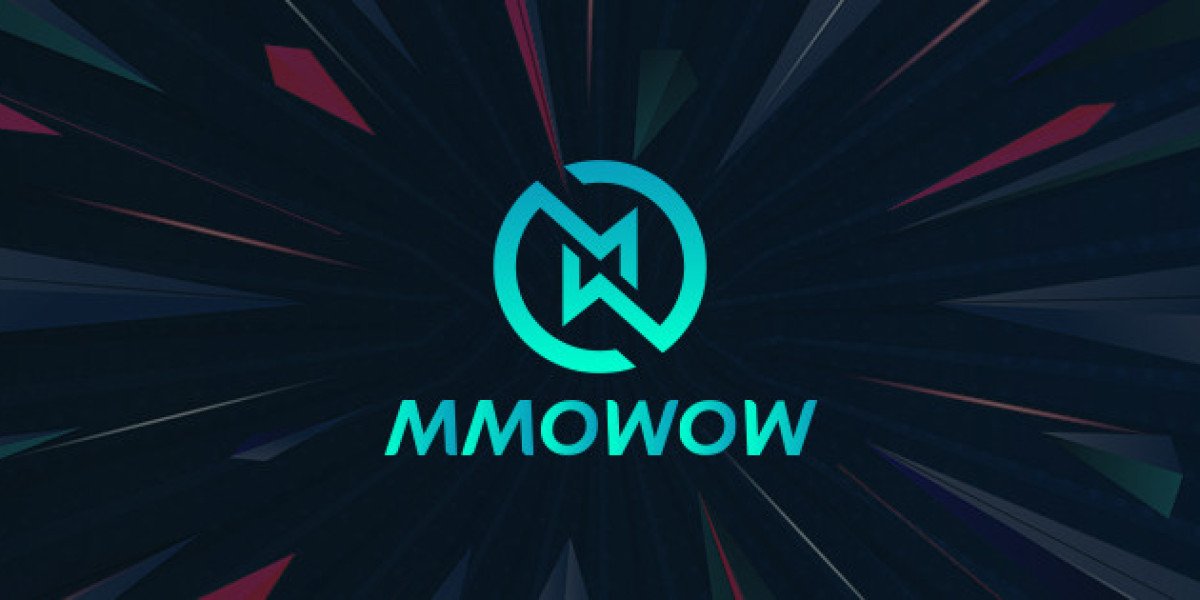By drawing inspiration from the dice mechanics in Monopoly Go, MMOWOW players can introduce new layers of strategy and excitement, enhancing their overall gameplay experience.
Resource Management: Dice as a Valuable Commodity
In Monopoly Go, dice are not only the driving force for movement but also a limited resource. Similarly, in mmowow, certain in - game items or actions can be equated to dice. For example, if there are energy points that allow players to perform quests or battles, managing these points strategically is crucial. Just as Monopoly Go players save dice for high - value moves, MMOWOW players should hoard their energy for important quests that offer substantial rewards, such as rare items, experience points, or in - game currency.
Moreover, in Monopoly Go, players can earn dice through various means like daily logins, completing challenges, or inviting friends. MMOWOW can implement similar systems. Daily rewards could include energy refills, and special challenges might grant bonus energy. By actively participating in these activities, players ensure they have enough “dice” (energy) to engage in meaningful gameplay.
Strategic Multiplier Application
Monopoly Go features a dice multiplier system. Players can increase the multiplier before rolling, which amplifies rewards but also consumes more dice. MMOWOW can adopt a similar concept. For instance, in battles, players could use a “power - up” item that multiplies the experience points or loot they gain. However, using this power - up might require spending a certain amount of in - game currency or special tokens, similar to how Monopoly Go uses extra dice for higher multipliers.
Players should analyze the potential rewards and risks before using such multipliers. In Monopoly Go, it's wise to use high multipliers when close to a high - value tile. In MMOWOW, if there's a boss fight that offers extremely rare loot, using the multiplier item could significantly increase the chances of obtaining that loot. But if used haphazardly in a low - reward scenario, it would be a waste of resources.
Randomness and Surprise: The Element of Chance
Dice rolls in Monopoly Go introduce an element of randomness. One never knows exactly where the token will land. MMOWOW can incorporate this sense of unpredictability. For example, when opening treasure chests, instead of having a fixed set of rewards, the game could use a dice - like randomization system. A virtual “roll” could determine whether a player gets a common, rare, or super - rare item.
This randomness keeps the game exciting. In Monopoly Go, the anticipation of where the dice will land adds to the thrill. In MMOWOW, players would look forward to the outcome of their “chest rolls,” creating a more engaging experience. Additionally, just as Monopoly Go has special tiles that trigger unique events, MMOWOW could have hidden areas or quests that are randomly accessible based on certain in - game “rolls.”
Social Interaction: Dice - Related Collaborations
In Monopoly Go, there are social elements tied to dice, such as trading dice with friends or competing in team - based dice - rolling events. MMOWOW can foster social interaction in a similar way. For example, players could form groups to complete a difficult quest. Each group member contributes a certain amount of their “dice - equivalent” resources (energy, tokens, etc.). The combined resources are then used to “roll” for a chance to complete the quest successfully.
Furthermore, MMOWOW could host community - wide events where players compete based on their “dice - related” achievements. This not only adds a competitive edge but also strengthens the social fabric of the game, just like how Monopoly Go's social dice - related features bring players together. By emulating these aspects of monopoly go dice mechanics, MMOWOW players can transform their gaming experience, making it more strategic, exciting, and socially engaging.







